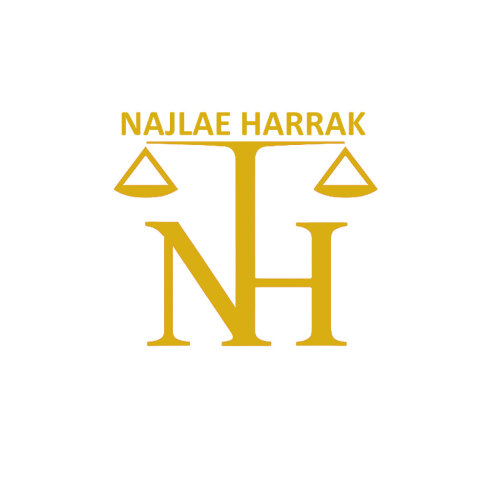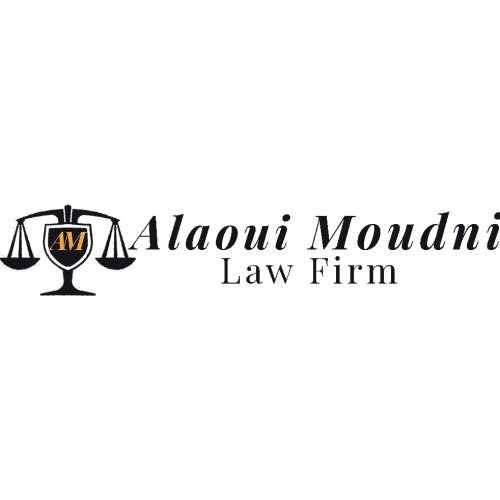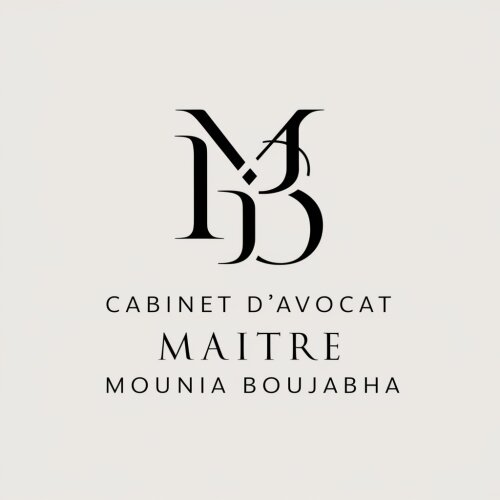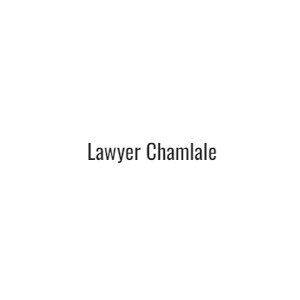Best Child Abuse Lawyers in Morocco
Share your needs with us, get contacted by law firms.
Free. Takes 2 min.
Free Guide to Hiring a Family Lawyer
Or refine your search by selecting a city:
List of the best lawyers in Morocco
About Child Abuse Law in Morocco
In Morocco, child abuse is a pressing issue that the government and various organizations are continuing to address. The definition of child abuse in Morocco includes physical, emotional, and sexual abuse, as well as neglect. While legal frameworks have been developed to combat these issues, challenges remain in enforcement and cultural perceptions. The Moroccan government, along with child protection organizations, strives to protect children through legislation, awareness campaigns, and support services.
Why You May Need a Lawyer
Individuals may require legal help with child abuse cases in several situations. If you suspect a child is being abused, need to report abuse, or if you are a guardian seeking protective services for a child, consultations with a lawyer can be crucial. Legal assistance is also important for those who have been wrongly accused of child abuse, need representation in court, or are navigating the intricacies of Moroccan child protection laws.
Local Laws Overview
Morocco’s legal system places an emphasis on the protection of children through a series of laws and amendments. The Penal Code outlines strict punishments for those found guilty of child abuse, with increased penalties for abuse leading to severe injuries or death. Moroccan Family Law (Moudawana) also provides guidelines for child welfare and parental responsibilities. Additionally, Morocco is a signatory of the United Nations Convention on the Rights of the Child, reinforcing its commitment to safeguarding children's rights.
Frequently Asked Questions
What constitutes child abuse under Moroccan law?
Child abuse in Morocco is defined as any form of physical, emotional, or sexual maltreatment or neglect that results in actual or potential harm to a child's health, survival, development, or dignity.
How can I report suspected child abuse?
Suspected child abuse can be reported to local authorities, police, or child protection agencies. Community centers and NGOs often provide guidance and support for reporting abuse.
What are the penalties for child abuse in Morocco?
The penalties for child abuse can vary from fines to several years of imprisonment depending on the severity of the abuse. Aggravated circumstances may result in harsher penalties.
Can I obtain legal custody of a child who is being abused?
You may apply for legal custody, but it typically involves a complex legal process involving the court and, at times, social services. Legal advice is recommended.
What should I do if accused of child abuse?
If accused of child abuse, it is crucial to seek legal counsel immediately. A lawyer can help navigate the legal process and protect your rights.
How does Moroccan culture affect the reporting of child abuse?
Cultural factors can sometimes inhibit the reporting of child abuse due to fear of social stigma or familial repercussions. Awareness and education efforts aim to mitigate these challenges.
Are there child protection agencies I can contact?
Yes, several NGOs and governmental bodies in Morocco focus on child protection. These include the Child Protection Unit and local branches of international organizations.
Is child abuse common in Morocco?
While exact statistics are difficult to measure, reports suggest child abuse occurs in both urban and rural areas. Efforts are ongoing to address and reduce cases of abuse.
What legal protections are in place for child witnesses?
Moroccan law provides special measures to protect child witnesses, including closed court sessions and psychological support, to minimize trauma.
Can international organizations assist in child abuse cases?
Yes, international organizations can offer support, resources, and sometimes legal advice for dealing with child abuse cases in Morocco.
Additional Resources
For more information and assistance, consider contacting the following organizations:
- National Human Rights Council (Conseil National des Droits de l’Homme)
- Moroccan Child Protection Agency
- UNICEF Morocco
- Entraide Nationale (National Mutual Aid)
These organizations offer various services including legal advice, emergency assistance, and educational resources regarding child abuse.
Next Steps
If you are in need of legal assistance in a child abuse matter, consider the following steps:
1. Contact a qualified lawyer who specializes in family or criminal law.
2. Gather any evidence or documentation related to the case.
3. Reach out to child protection agencies for support and guidance.
4. Attend all legal proceedings and abide by court requirements.
5. Consider seeking psychological support services for affected children.
Legal procedures can be complex, so it is critical to stay informed and seek professional guidance when navigating child abuse cases in Morocco.
Lawzana helps you find the best lawyers and law firms in Morocco through a curated and pre-screened list of qualified legal professionals. Our platform offers rankings and detailed profiles of attorneys and law firms, allowing you to compare based on practice areas, including Child Abuse, experience, and client feedback.
Each profile includes a description of the firm's areas of practice, client reviews, team members and partners, year of establishment, spoken languages, office locations, contact information, social media presence, and any published articles or resources. Most firms on our platform speak English and are experienced in both local and international legal matters.
Get a quote from top-rated law firms in Morocco — quickly, securely, and without unnecessary hassle.
Disclaimer:
The information provided on this page is for general informational purposes only and does not constitute legal advice. While we strive to ensure the accuracy and relevance of the content, legal information may change over time, and interpretations of the law can vary. You should always consult with a qualified legal professional for advice specific to your situation.
We disclaim all liability for actions taken or not taken based on the content of this page. If you believe any information is incorrect or outdated, please contact us, and we will review and update it where appropriate.
Browse child abuse law firms by city in Morocco
Refine your search by selecting a city.

















